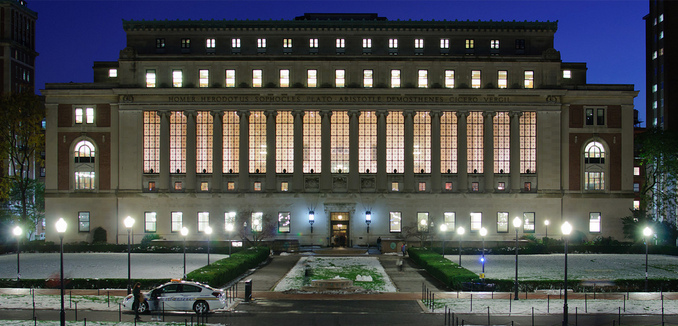A recent study showed ways in which faculty can play a role in fighting the BDS campaign on campus.
The challenge can be seen in two studies released last year that revealed how the BDS campaign stifled the free exchange of ideas and how the presence of BDS on campus correlated with more anti-Semitic incidents. The new study conducted by Academic Engagement Network (AEN) showed ways in which faculty can address issues “that directly impact students, particularly BDS-inspired divestment campaigns, biased teaching, and efforts to exclude Jewish and pro-Israel students from social justice coalitions.”
The issue of BDS on campuses, as the AEN study clarifies, is not about stifling debate but about combating the tactics of the BDS campaign to delegitimize Israel, which hampers “academic freedom, meaning the rights of faculty and students to explore all facets of controversial subjects, and to join freely with others to offer multiple claims about causes, dimensions, and possible solutions” through a campaign of intimidation.
While the BDS campaign on campus has often focused on trying (unsuccessfully) to get universities to divest from companies doing business in Israel, lately the campaign has increasingly turned to shouting down pro-Israel speakers. “Aggressive disruptions affected Israeli speakers or Israel-related events on more than a score of campuses during the 2015-16 academic year,” the study noted.
However, faculty members planning a pro-Israel event can counter this form of organized intimidation by anticipating possible interruptions. A faculty member planning such an event should monitor the publicity of campus pro-BDS groups, have copies of the school’s code of conduct, and ask that even those opposed to the speaker listen to the speaker first. Last month, University of California Irvine put its chapter of Students for Justice in Palestine (SJP), a prominent pro-BDS organization, on probation violating the school’s code of conduct regarding freedom of expression.
“Meanwhile, the cumulative effort to propagandize for boycott not only demonizes Israel and its academic institutions,” the study observed, “but also has the effect of creating informal blacklists barring Israeli academics or Israel supporters from participating in or being invited to academic events where BDS supporters are a significant presence.”
The goal of the study, as stated in its conclusion, is to “serve as a resource for faculty who may face animosity from the BDS movement, assaults on academic freedom, or some form of antisemitic rhetoric or behavior.”
[Photo: InSapphoWeTrust / Flickr]




